Disconnection of Electricity and the Sectional Titles Schemes Management Act 8 of 2011
Electricity supply is a fundamental service in sectional title schemes, and disputes often arise when owners fall into arrears or fail to comply with scheme rules. The Sectional Titles Schemes Management Act 8 of 2011 (STSMA) provides clear guidelines on how the body corporate must handle such situations, including whether electricity can legally be disconnected.
Legal Framework for Electricity Disconnection
The STSMA, in conjunction with other relevant laws, governs the management of common property and shared services in sectional title schemes. Some of the key legal provisions include:
Electricity as a Basic Service: The disconnection of electricity, especially when it supplies a private unit, is a contentious issue as it can be seen as a violation of basic human rights.
Unlawful Disconnection: The Prevention of Illegal Eviction from and Unlawful Occupation of Land Act (PIE Act) and municipal by-laws protect occupants from having their electricity supply unlawfully disconnected. The body corporate does not have the right to disconnect an owner's electricity without following proper legal procedures.
Debt Collection and Legal Processes: Instead of disconnecting electricity, the body corporate must follow the correct legal avenues for recovering arrear levies, such as applying to the Community Schemes Ombud Service (CSOS) or initiating legal proceedings.
When Can Electricity Be Disconnected?
While the body corporate cannot unilaterally disconnect electricity due to unpaid levies, there are limited situations where disconnection may be justified:
Municipal Disconnection: If the body corporate fails to pay municipal accounts due to non-payment by owners, the municipality may disconnect the electricity supply to the entire scheme.
Violation of Conduct Rules: If an owner illegally tampers with the electricity supply, causing harm to common property, the body corporate may have grounds to take action, including requesting a service provider to cut off illegal connections.
Contracted Bulk Electricity Supply: In some sectional title schemes, the body corporate contracts directly with an electricity provider for bulk supply. If an owner fails to pay their share, the agreement with the provider may allow for disconnection, but this must be done in accordance with the contract and legal requirements.
Legal Steps for Dealing with Arrear Payments
Instead of disconnecting electricity, the body corporate should take the following legal steps to recover outstanding levies:
Issue Formal Demands: The body corporate must provide written notices requesting payment before taking legal action.
Apply Interest on Arrear Levies: Interest can be charged on overdue amounts in accordance with the body corporate's rules.
Engage in Mediation via CSOS: If disputes arise, the Community Schemes Ombud Service can mediate and resolve the issue legally.
Obtain a Court Order: If necessary, the body corporate can seek a court order to recover outstanding amounts.
Dispute Resolution for Owners Facing Disconnection
If an owner believes their electricity has been unlawfully disconnected, they can:
Challenge the Disconnection: Owners can file a complaint with CSOS or approach the courts for relief.
Request a Payment Plan: Owners struggling with arrears may negotiate a repayment plan with the body corporate.
Seek Legal Assistance: If electricity is unlawfully disconnected, legal action can be taken against the responsible parties.
Conclusion
The STSMA does not grant the body corporate the right to arbitrarily disconnect an owner’s electricity supply due to unpaid levies. Instead, proper legal processes must be followed to recover outstanding amounts. Sectional title schemes must balance financial management with legal and ethical considerations, ensuring that owners’ rights are protected while maintaining the financial health of the scheme.









Understanding the Prescription of Levies Under the Sectional Titles Schemes Management Act 8 of 2011
All Rights Reserved | Community Scheme Litigation | Privacy Policy
